The trade relationship between China and Bahrain has witnessed remarkable growth, driven by Bahrain’s increasing demand for a diverse range of products manufactured in one of the world’s largest industrial hubs. As businesses look for cost-effective and reliable logistics solutions, sea freight has emerged as the preferred shipping method for transporting goods across this vast distance. This guide provides essential insights into the sea freight options, processes, key ports, and factors affecting shipping costs, enabling importers to make informed decisions and optimize their supply chains effectively. Whether you’re considering Full Container Load (FCL) or Less-than-Container Load (LCL) shipping, understanding these aspects can significantly enhance your importing experience.
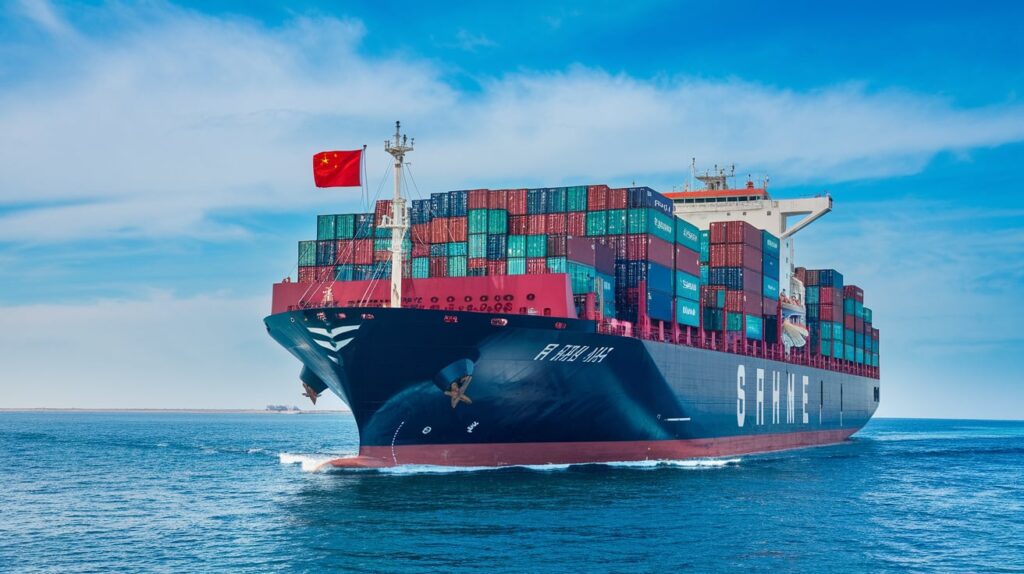
Understanding Sea Freight Options
When considering sea freight for shipping goods from China to Bahrain, it’s essential to understand the available options. Two primary methods are Full Container Load (FCL) shipping and Less-than-Container Load (LCL) shipping, each catering to specific shipping needs and requirements.
Full Container Load (FCL) Shipping
FCL shipping involves the exclusive use of an entire shipping container, making it ideal for businesses that have large quantities of goods to transport.
Benefits of FCL Shipping
- Cost-Effectiveness: While the initial cost may seem higher, the per-unit shipping cost decreases significantly when transporting larger volumes.
- Reduced Risk of Damage: With dedicated containers, there is a lower risk of cargo being damaged or misplaced, as the goods are not mixed with those of other shippers.
- Faster Transit Times: FCL shipments typically experience expedited processing at ports since they do not require consolidation or deconsolidation, leading to faster delivery times.
Factors Affecting FCL Shipping Costs
Several factors impact the overall cost of FCL shipping:
- Container Size: Standard containers come in various sizes, typically 20-foot and 40-foot containers. The choice influences the shipping cost.
- Shipping Route: The specific route taken by the vessel can affect shipping rates due to variations in distance and port fees.
- Fuel Prices: Fluctuating fuel prices can significantly alter shipping costs.
- Seasonality: Demand fluctuations during peak seasons can lead to increased rates.
Less-than-Container Load (LCL) Shipping
In contrast, LCL shipping allows businesses to share container space with other shippers, making it suitable for those with smaller shipment volumes.
Advantages of LCL Shipping
- Flexibility: LCL is ideal for businesses that do not have enough cargo to fill an entire container, offering a cost-effective solution without needing to wait for enough volume.
- Lower Initial Costs: Since shipments are consolidated with those of others, the upfront costs are usually lower than FCL, making it accessible for smaller businesses.
- Reduced Inventory Costs: LCL allows for more frequent shipping, which can help businesses maintain leaner inventories and reduce storage costs.
Considerations for LCL Shipping
While LCL shipping has its advantages, it also comes with considerations:
- Longer Transit Times: The need for consolidation at the departure port and deconsolidation at the destination can result in longer delivery times.
- Risk of Damage: Sharing container space increases the risk of damage and loss, as multiple shipments are packed together.
- Extra Handling Fees: Additional fees may be incurred for the consolidation process, which can affect overall shipping costs.
In summary, selecting the right sea freight option when shipping from China to Bahrain involves weighing the benefits of FCL against the flexibility of LCL.
For businesses looking for a reliable partner in navigating these shipping options, Dantful International Logistics offers comprehensive solutions tailored to your needs. As a highly professional, cost-effective, and high-quality one-stop international logistics service provider for global traders, Dantful can assist you in streamlining your import process and ensuring timely deliveries. Explore our services, including customs clearance, warehouse services, and insurance services, to enhance your shipping experience.
Read More:
- Shipping From China to the United States
- Shipping From China TO CANADA
- Shipping From China To Netherlands
- Shipping From China To UNITED KINGDOM
- Shipping From China To ALGERIA
- Shipping from China to UAE
- Shipping from China to Saudi Arabia
Top Chinese Seaports for Exports to Bahrain
When considering exports from China to Bahrain, several seaports stand out as key players due to their extensive infrastructure, efficient operations, and strategic positioning. These ports serve as critical gateways for international trade, facilitating the smooth movement of cargo across vast distances. Here’s a closer look at the top Chinese seaports that play a vital role in exports to Bahrain.
Shanghai
Shanghai is the busiest seaport in the world and serves as a major hub for international shipping. Its advanced container handling facilities and connectivity to various shipping routes make it an ideal starting point for exports to Bahrain. The port’s extensive infrastructure allows for the efficient processing of a large volume of containers, ensuring timely shipments.
Shenzhen
Located in southern China, Shenzhen is renowned for its rapid economic growth and robust manufacturing sector. The port of Shenzhen is one of the top five busiest ports globally and offers efficient logistics services, making it a preferred choice for businesses exporting goods such as electronics, clothing, and machinery to Bahrain.
Ningbo-Zhoushan
Ningbo-Zhoushan is a significant deep-water port that ranks among the top ports in terms of container throughput. Its strategic location near major manufacturing bases allows for quick access to a diverse range of products. The port is well-equipped to handle various cargo types, ensuring that exports to Bahrain are managed efficiently and reliably.
Guangzhou
The Guangzhou port, situated in Guangdong province, serves as a critical trade gateway for exports to Bahrain. Known for its diverse industrial base, Guangzhou exports a wide array of products, including textiles, consumer goods, and machinery. The port’s well-established logistics network supports timely deliveries and efficient customs clearance.
Qingdao
Qingdao is another top-notch seaport known for its advanced shipping facilities and strategic location on the Bohai Sea. This port is particularly important for exports of agricultural products, electronics, and machinery. Qingdao’s efficient handling processes make it a favored choice for businesses looking to streamline their supply chain to Bahrain.
Tianjin
As one of the largest ports in northern China, Tianjin serves as a vital hub for exports to Bahrain. The port is well-equipped with modern facilities for container handling and has a well-developed transportation network connecting it to inland areas. Tianjin is commonly used for exporting machinery, electronics, and automotive parts.
Main Bahrain Seaports for Imports
Bahrain’s strategic location in the Middle East makes it an essential hub for imports from around the world. The country boasts several seaports that are crucial for facilitating trade and ensuring efficient handling of imported goods. Here are the main seaports in Bahrain that play a significant role in receiving imports.
Khalifa Bin Salman Port
Khalifa Bin Salman Port is Bahrain’s primary seaport, designed to accommodate large container vessels and facilitate international trade. The port is equipped with modern facilities and advanced cargo handling systems, making it capable of managing a high volume of imports. Its strategic location allows for quick access to Bahrain’s industrial zones and logistics centers, enhancing the supply chain efficiency.
Salman Port
Salman Port serves as another important gateway for imports into Bahrain. It is primarily used for handling bulk cargo, including construction materials and industrial goods. The port’s facilities are designed to support various types of cargo, and its proximity to Bahrain’s industrial regions allows for streamlined distribution of imported goods.
Sitra Port
Sitra Port is known for its role in handling smaller vessels and facilitating regional trade. While it may not cater to large container ships, Sitra Port plays a vital role in receiving imports, particularly for the local market. Its operational flexibility allows for efficient handling of various types of cargo, contributing to Bahrain’s overall trade dynamics.
Muharraq Port
Muharraq Port is another key seaport in Bahrain, primarily serving the fishing and small cargo sectors. While it may not have the large-scale operations of Khalifa Bin Salman Port, it remains important for local imports and trade activities, particularly in serving smaller vessels and regional shipping routes.
The seamless operation of these ports is essential for maintaining Bahrain’s position as a trade hub in the Middle East. As businesses explore importing goods from China, understanding the capabilities and features of these ports is vital for optimizing logistics and ensuring timely delivery of products.
For businesses interested in enhancing their import processes, Dantful International Logistics offers comprehensive services designed to facilitate smooth shipments from China to Bahrain. With expertise in customs clearance, warehouse services, and door-to-door shipping, Dantful is well-equipped to support your logistics needs, ensuring a reliable and efficient experience. Explore our offerings and optimize your supply chain with the trusted partner for your international shipping needs.
Sea Freight Shipping Process
Understanding the sea freight shipping process from China to Bahrain is essential for businesses looking to import goods efficiently. This process involves several key stages, each critical to ensuring the smooth transit of cargo. Here’s a detailed overview of the steps involved:
Booking and Documentation
The first step in the sea freight shipping process is booking the shipment. This involves selecting a reliable freight forwarder, such as Dantful International Logistics, to assist in coordinating the movement of goods. Key documentation required at this stage includes:
- Bill of Lading (BOL): This document serves as a receipt for the cargo and a contract between the shipper and the carrier.
- Commercial Invoice: A document detailing the goods being shipped, including descriptions, quantities, and prices.
- Packing List: A comprehensive list of all items included in the shipment, facilitating easier handling and inspection.
- Import/Export Licenses: Depending on the nature of the goods, specific licenses may be required for international transport.
Ensuring all documentation is accurate and complete is crucial, as it can significantly affect the speed and efficiency of the shipping process.
Container Loading and Sealing
Once the shipment is booked and the documentation is in order, the next step is container loading. This process involves:
- Packing the goods securely to minimize the risk of damage during transit.
- Loading the cargo into the shipping container, ensuring that it is evenly distributed and properly secured.
- Sealing the container to prevent tampering and ensure security. A tamper-proof seal is typically applied, which is essential for customs verification upon arrival.
Proper loading and sealing are vital to protect the cargo and comply with international shipping regulations.
Ocean Transportation
After the container is loaded and sealed, it is transported to the port for ocean transportation. This stage includes:
- Vessel Departure: The shipping line schedules the departure of the vessel, and the container is loaded onto the ship.
- Transit Time: The duration of the ocean journey will depend on the shipping route and distance. Generally, shipments from China to Bahrain can take several weeks, depending on various factors.
- Tracking: Many shipping lines provide tracking services that allow shippers to monitor the progress of their cargo in real-time.
Effective communication with the freight forwarder during this stage ensures that any potential issues can be addressed promptly.
Customs Clearance in Bahrain
Upon arrival in Bahrain, the container will undergo customs clearance. This step is critical for ensuring compliance with local regulations. It involves:
- Submission of Documentation: The freight forwarder submits required documents such as the Bill of Lading, commercial invoice, and packing list to the customs authority.
- Inspection: Customs may conduct a physical inspection of the cargo to verify its contents and ensure compliance with import regulations.
- Payment of Duties and Taxes: Import duties and taxes must be paid based on the value of the goods being imported.
Successful customs clearance is essential for the timely release of cargo and avoiding delays.
Final Delivery to Destination
Once customs clearance is complete, the final step is the delivery of goods to the designated location in Bahrain. This may involve:
- Transporting the Container: The sealed container is transported from the port to the final destination using trucks or other transport methods.
- Unloading and Inspection: Upon reaching the destination, the goods are unloaded, and an inspection is conducted to ensure everything is in order and undamaged.
- Storage or Distribution: Depending on the agreement, goods may be stored in a warehouse or distributed directly to customers.
By understanding each phase of the sea freight shipping process, businesses can better prepare for importing goods from China to Bahrain.
Factors Affecting Sea Freight Costs
Several factors influence the cost of sea freight, impacting the overall shipping budget for businesses importing goods from China to Bahrain. Understanding these factors can help businesses make informed decisions when planning their shipping strategies.
Container Size and Type
The size and type of the shipping container play a significant role in determining costs. Common container sizes include:
| Container Size | Capacity | Typical Use |
|---|---|---|
| 20-foot | Approximately 28 CBM | Suitable for smaller shipments |
| 40-foot | Approximately 56 CBM | Ideal for larger volumes |
| 40-foot High Cube | Approximately 76 CBM | Offers additional height for bulky items |
Larger containers or specialized containers (e.g., refrigerated containers) may incur higher rates due to increased space and handling requirements.
Shipping Route and Distance
The specific shipping route taken by the vessel and the distance to Bahrain significantly impact sea freight costs. Longer distances generally lead to higher fuel consumption and increased shipping rates. Additionally, routes with higher traffic may have varying costs depending on port fees and congestion.
Fuel Prices and Surcharges
Fuel prices are a crucial determinant of shipping costs. Fluctuations in oil prices can lead to additional surcharges, which are often passed on to customers. The Bunker Adjustment Factor (BAF) is a common surcharge used by shipping lines to account for changing fuel costs.
Customs Duties and Taxes
Customs duties and taxes imposed by Bahrain on imported goods will also influence the overall cost of sea freight. These charges depend on the value of the cargo and its classification under Bahrain’s tariff system. Businesses are advised to consult with customs brokers or freight forwarders to obtain accurate estimates of potential duties and taxes.
Insurance and Handling Fees
Lastly, it’s essential to factor in insurance costs and additional handling fees. Insurance helps protect against loss or damage during transit, and its cost is based on the value of the goods being shipped. Additionally, handling fees for loading, unloading, and storage at ports can vary, further impacting the total shipping cost.
By considering these factors, businesses can better prepare for the financial implications of sea freight and develop more effective logistics strategies for importing goods from China to Bahrain. For tailored solutions and expert guidance on managing shipping costs, reach out to Dantful International Logistics, your trusted partner in global trade.
Tips for Optimizing Sea Freight From China to Bahrain
Optimizing the sea freight process from China to Bahrain can significantly enhance efficiency, reduce costs, and ensure timely deliveries. Here are essential tips to consider for maximizing the effectiveness of your shipping operations:
Choosing the Right Shipping Partner
Selecting the right shipping partner is fundamental to a successful sea freight operation. Look for a freight forwarder with:
- Industry Expertise: A partner with experience in shipping to Bahrain will have insights into the best practices, potential challenges, and efficient routes.
- Strong Network: A well-established network of carriers and local agents can facilitate smoother operations and offer better pricing.
- Comprehensive Services: Services that include customs clearance, insurance, and warehousing can streamline the logistics process.
By choosing a reliable shipping partner, businesses can ensure that their cargo is handled efficiently and securely.
Proper Packaging and Labeling
Effective packaging and labeling of goods are essential to minimize risks during transit and expedite the customs clearance process. Consider these best practices:
- Use Durable Materials: Ensure that packaging materials are robust enough to protect goods from damage during handling and transit.
- Label Clearly and Accurately: Include essential information such as destination address, contents description, and handling instructions. Proper labeling helps prevent misplacement and damage.
- Follow International Standards: Adhering to packaging standards set by international shipping regulations can facilitate smoother inspections and compliance with customs.
Proper packaging and labeling not only protect the goods but also enhance the overall efficiency of the shipping process.
Timely Communication with Stakeholders
Effective communication with all stakeholders involved in the shipping process is crucial for ensuring transparency and addressing potential issues promptly. Key practices include:
- Regular Updates: Provide consistent updates to suppliers, freight forwarders, and customers regarding shipment status, expected arrival times, and any potential delays.
- Collaborate with Freight Forwarders: Engage in open discussions with your freight forwarder to clarify any doubts regarding shipping processes, documentation, or customs requirements.
- Utilize Technology: Leverage tracking systems and platforms that allow stakeholders to monitor shipment status in real time, enhancing transparency and collaboration.
Timely communication helps in managing expectations and mitigating risks that may arise during the shipping process.
Staying Updated on Regulations and Requirements
Staying informed about the latest regulations and requirements for shipping to Bahrain is crucial for avoiding delays and penalties. Important steps include:
- Monitor Changes in Customs Regulations: Customs policies can change frequently, impacting import duties, restrictions, and documentation requirements. Regularly review the Bahrain Customs Authority website or work with customs brokers for the latest updates.
- Understand the Import Process: Be familiar with the specific import procedures and documentation required for your goods to ensure compliance and smooth clearance.
- Consult with Experts: Engage with logistics experts or freight forwarders who have in-depth knowledge of the shipping landscape and can provide guidance on regulatory compliance.
Keeping abreast of regulations and requirements helps prevent costly delays and ensures a seamless shipping experience.
Choosing the Right Sea Freight Forwarder
Selecting the appropriate sea freight forwarder is crucial for businesses looking to optimize their shipping operations. The right partner not only streamlines logistics but also provides valuable insights and services that enhance overall efficiency.
Qualities of a Reliable Freight Forwarder
When evaluating potential freight forwarders, consider the following qualities:
- Experience and Reputation: A forwarder with a proven track record and positive reviews from other businesses indicates reliability and expertise in handling shipments.
- Comprehensive Services: Look for a forwarder offering a wide range of services, including customs clearance, warehousing, and insurance, to manage all aspects of logistics.
- Flexibility and Adaptability: A reliable forwarder should be able to adapt to changing market conditions, customer needs, and shipment requirements.
- Strong Communication Skills: Effective communication is vital for managing expectations and addressing issues that may arise during the shipping process.
Questions to Ask When Selecting a Forwarder
Before finalizing a freight forwarder, consider asking the following questions:
- What experience do you have with shipments to Bahrain? Understanding their familiarity with specific routes and regulations can provide insight into their capabilities.
- What services do you offer? Ensure they can meet all your logistics needs, from booking to delivery.
- How do you handle customs clearance? Gain clarity on their processes and any additional fees or requirements associated with clearance.
- Can you provide references? Requesting references from other clients can help gauge their reliability and service quality.
Why Choose Dantful Logistics
Dantful Logistics stands out as a preferred partner for businesses seeking efficient sea freight solutions. Here’s why:
- Highly Professional Service: With extensive experience in international shipping, Dantful offers expert guidance tailored to the unique needs of each client.
- Cost-effective Solutions: Dantful’s competitive pricing structure ensures that clients benefit from cost savings without compromising service quality.
- One-Stop Logistics Provider: From customs clearance to warehouse services and insurance, Dantful provides a comprehensive suite of services to facilitate smooth shipping operations.
- Commitment to Customer Satisfaction: Dantful prioritizes communication and collaboration, ensuring that clients receive timely updates and support throughout the shipping process.
Choosing Dantful International Logistics as your sea freight forwarder allows you to navigate the complexities of importing goods from China to Bahrain with confidence and efficiency.

Young Chiu is a seasoned logistics expert with over 15 years of experience in international freight forwarding and supply chain management. As CEO of Dantful International Logistics, Young is dedicated to providing valuable insights and practical advice to businesses navigating the complexities of global shipping.








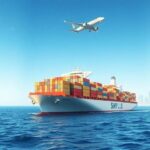


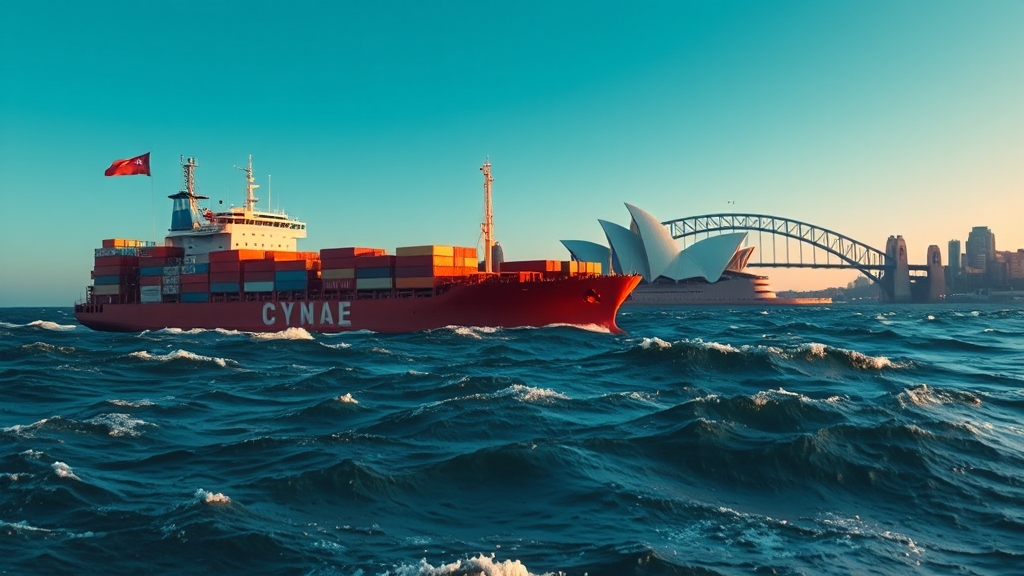
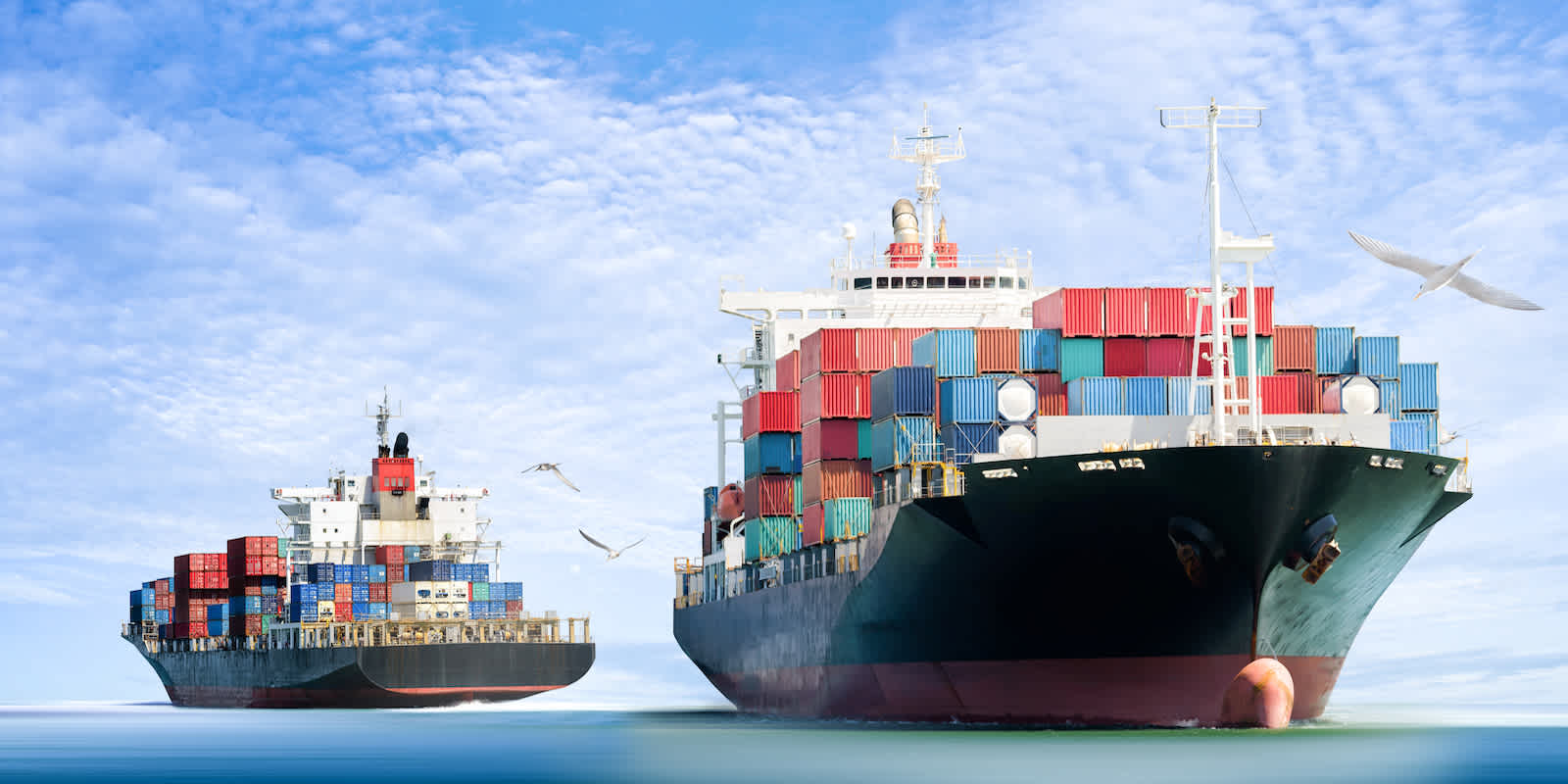
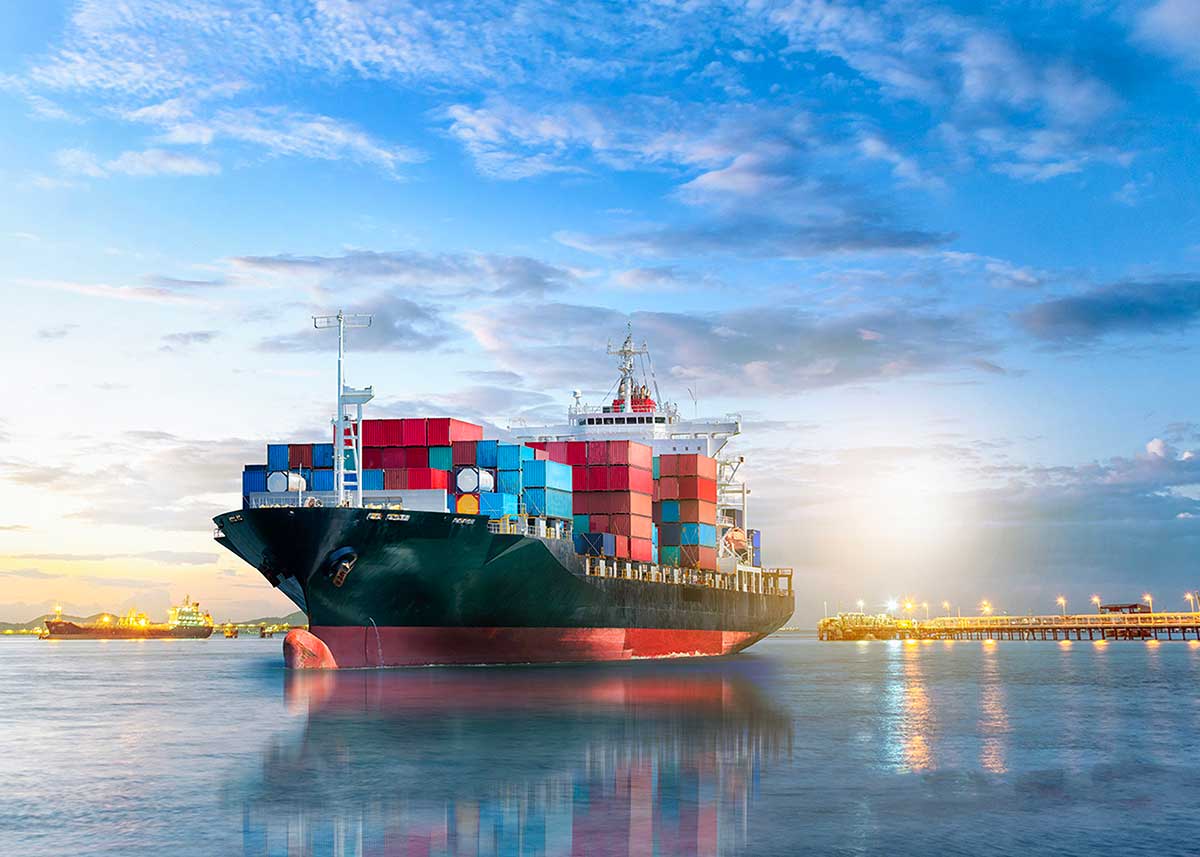
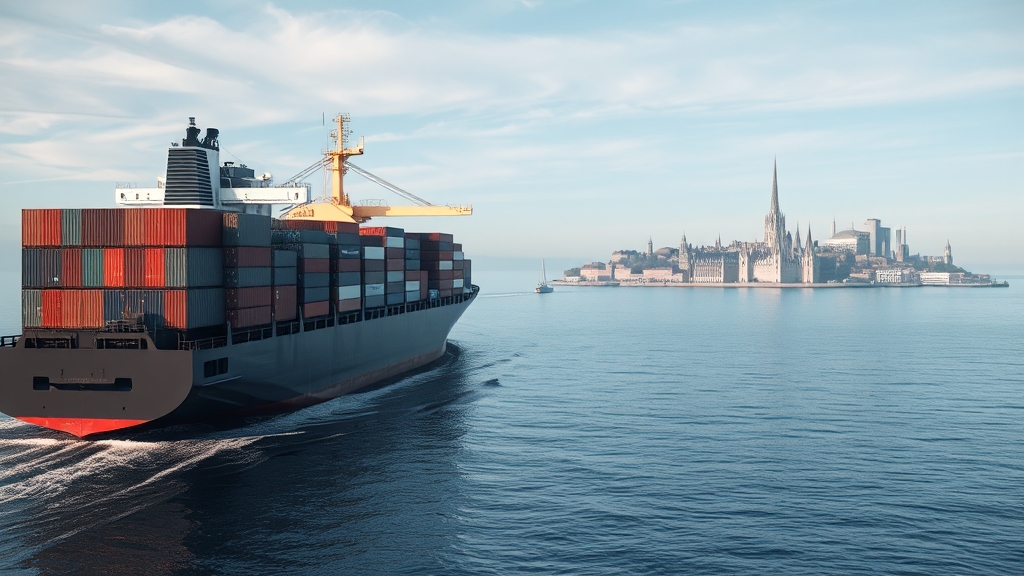
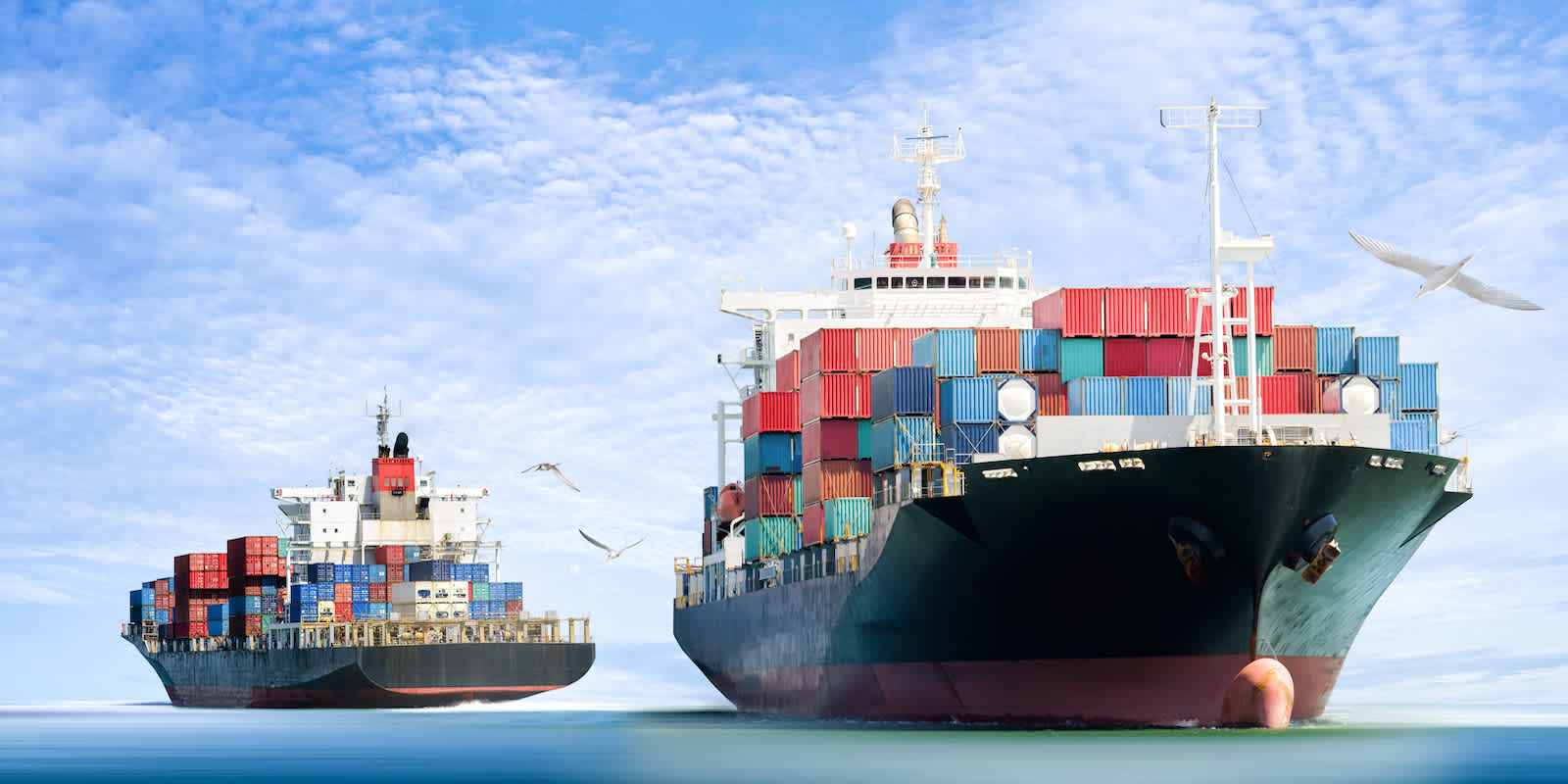





 Afrikaans
Afrikaans Shqip
Shqip አማርኛ
አማርኛ العربية
العربية Հայերեն
Հայերեն Azərbaycan dili
Azərbaycan dili Euskara
Euskara Беларуская мова
Беларуская мова বাংলা
বাংলা Bosanski
Bosanski Български
Български Català
Català Cebuano
Cebuano Chichewa
Chichewa 简体中文
简体中文 繁體中文
繁體中文 Corsu
Corsu Hrvatski
Hrvatski Čeština
Čeština Dansk
Dansk Nederlands
Nederlands English
English Esperanto
Esperanto Eesti
Eesti Filipino
Filipino Suomi
Suomi Français
Français Galego
Galego ქართული
ქართული Deutsch
Deutsch Ελληνικά
Ελληνικά Kreyol ayisyen
Kreyol ayisyen Harshen Hausa
Harshen Hausa Ōlelo Hawaiʻi
Ōlelo Hawaiʻi עִבְרִית
עִבְרִית हिन्दी
हिन्दी Hmong
Hmong Magyar
Magyar Íslenska
Íslenska Igbo
Igbo Bahasa Indonesia
Bahasa Indonesia Gaeilge
Gaeilge Italiano
Italiano 日本語
日本語 Basa Jawa
Basa Jawa ಕನ್ನಡ
ಕನ್ನಡ Қазақ тілі
Қазақ тілі ភាសាខ្មែរ
ភាសាខ្មែរ 한국어
한국어 كوردی
كوردی Кыргызча
Кыргызча ພາສາລາວ
ພາສາລາວ Latin
Latin Latviešu valoda
Latviešu valoda Lietuvių kalba
Lietuvių kalba Lëtzebuergesch
Lëtzebuergesch Македонски јазик
Македонски јазик Malagasy
Malagasy Bahasa Melayu
Bahasa Melayu മലയാളം
മലയാളം Maltese
Maltese Te Reo Māori
Te Reo Māori मराठी
मराठी Монгол
Монгол ဗမာစာ
ဗမာစာ नेपाली
नेपाली Norsk bokmål
Norsk bokmål پښتو
پښتو فارسی
فارسی Polski
Polski Português
Português ਪੰਜਾਬੀ
ਪੰਜਾਬੀ Română
Română Русский
Русский Samoan
Samoan Gàidhlig
Gàidhlig Српски језик
Српски језик Sesotho
Sesotho Shona
Shona سنڌي
سنڌي සිංහල
සිංහල Slovenčina
Slovenčina Slovenščina
Slovenščina Afsoomaali
Afsoomaali Español
Español Basa Sunda
Basa Sunda Kiswahili
Kiswahili Svenska
Svenska Тоҷикӣ
Тоҷикӣ தமிழ்
தமிழ் తెలుగు
తెలుగు ไทย
ไทย Türkçe
Türkçe Українська
Українська اردو
اردو O‘zbekcha
O‘zbekcha Tiếng Việt
Tiếng Việt Cymraeg
Cymraeg יידיש
יידיש Yorùbá
Yorùbá Zulu
Zulu